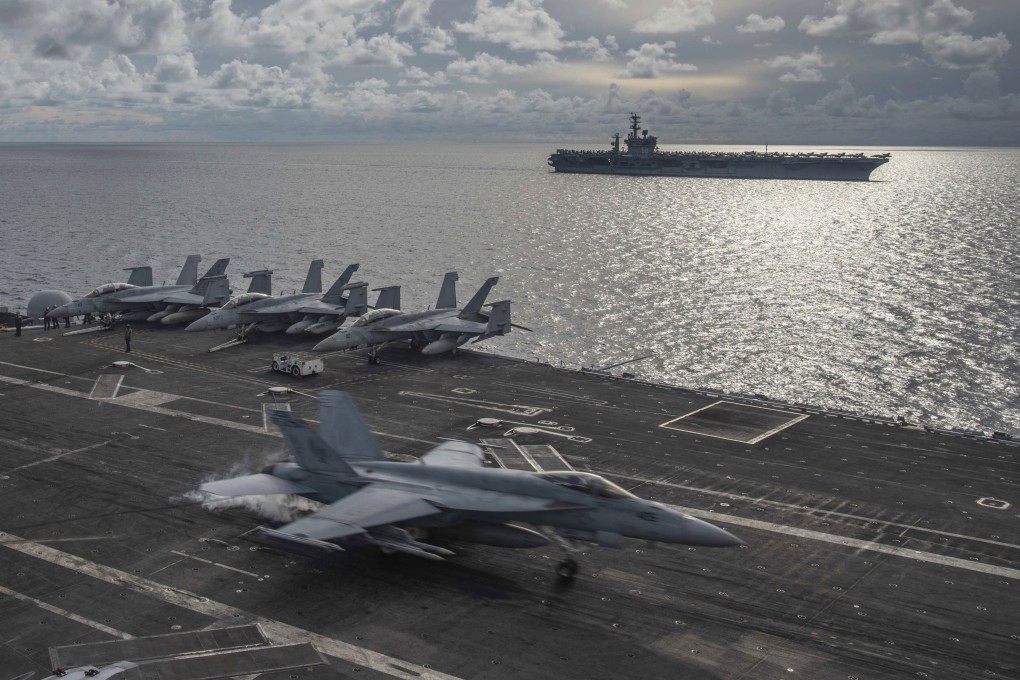US may have to keep China guessing over Taiwan, says former Nato commander
- James Stavridis says any changes to the policy of ‘strategic ambiguity’ would be challenging and it is unclear how the US public would respond to a firmer commitment to defend the island
- Chinese military exercises have intensified the debate over whether the US should shift to ‘strategic clarity’ in the hope of deterring an invasion

The US will find it hard to change its deliberate ambiguity over whether it will come to Taiwan’s defence, a former Nato commander has said.
The US has long refrained from outlining how it would respond in a potential war between Taiwan and mainland China in the hope that the uncertainty will force Beijing to stay cautious and discourage Taipei from declaring independence.

James Stavridis, a retired US Navy admiral who was Nato’s supreme allied commander in Europe between 2009 and 2013, said the question of whether to move to “strategic clarity” was complex.
“The ‘pros’ are principally that it would hopefully add further deterrence to the Chinese calculus if they knew that the US would conduct combat operations to defend Taiwan. But the ‘cons’ are that it is unclear what the US public would feel about such a strong commitment.”
He added that at the moment, the Biden administration was likely to continue a policy of strategic ambiguity.